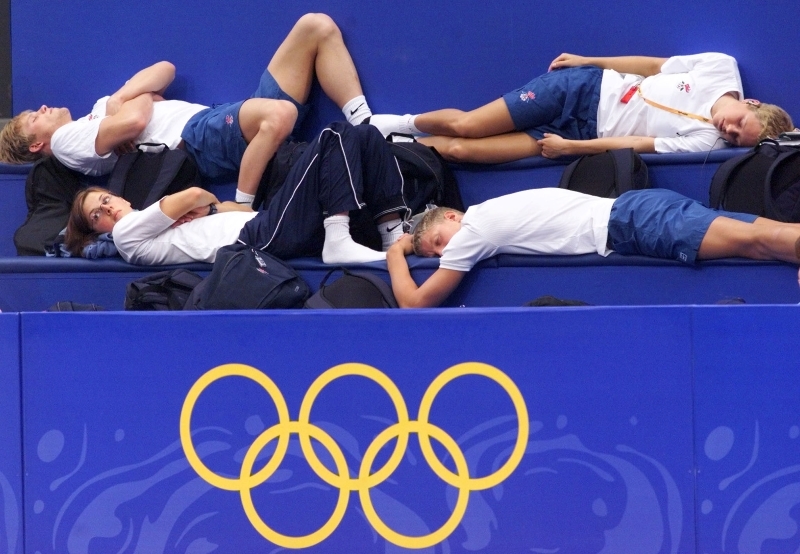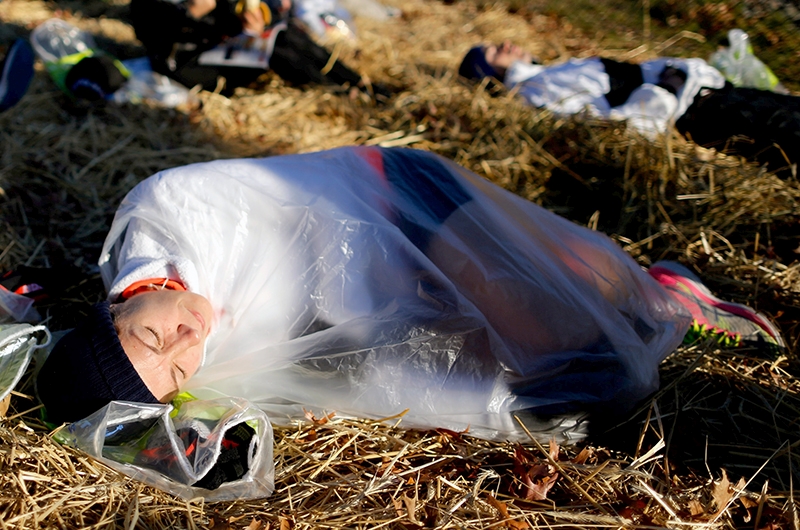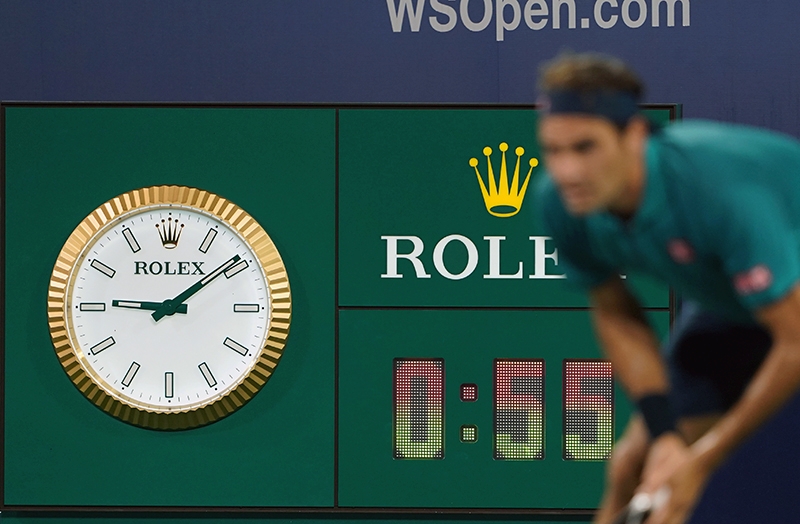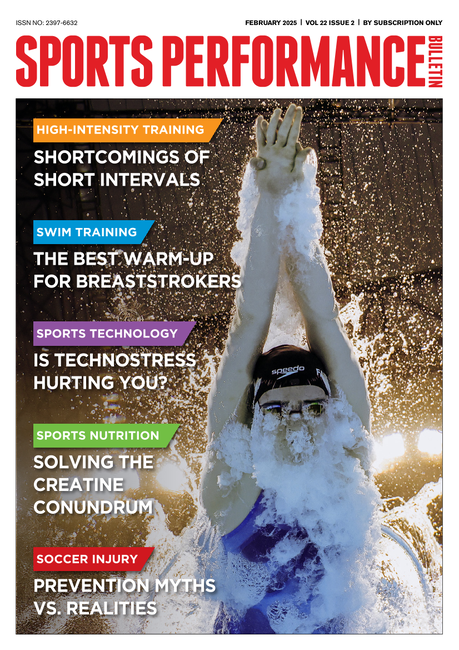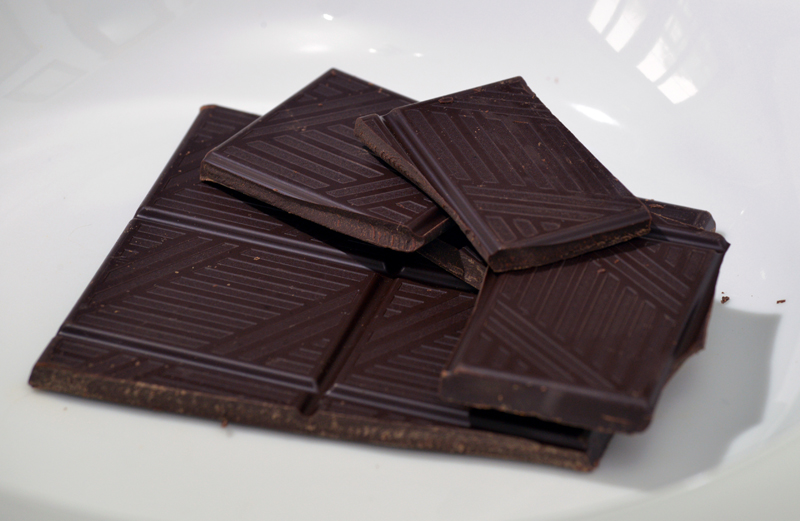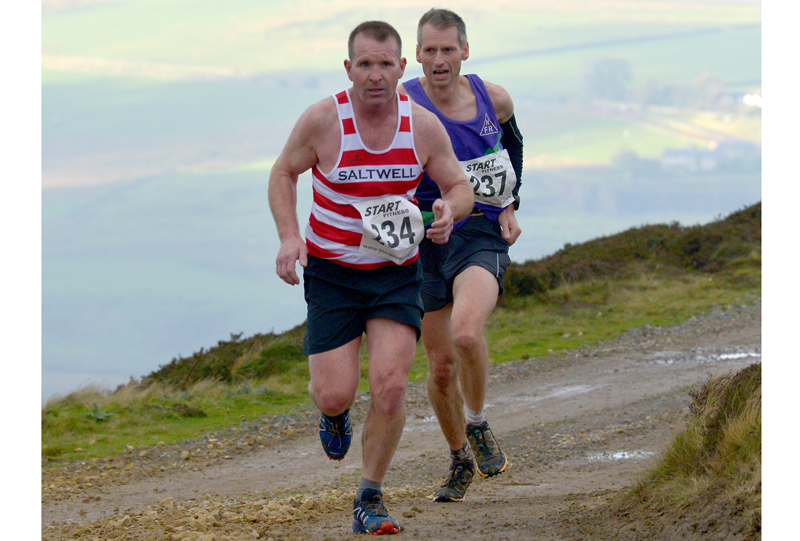You are viewing 1 of your 1 free articles. For unlimited access take a risk-free trial
Sleep loss and the athlete: take back control!

How does sleep loss really affect athletes and what steps can they take to minimize its impact? Andrew Sheaff looks at brand new research
It’s well established and accepted that sleep is one of the cornerstones of the recovery process, and that a good night’s sleep is a powerful weapon in the quest for strong performances. If you’ve been an athlete for any length of time, you’ve almost certainly trained or competed after a poor night’s sleep. It’s not much fun, especially if you’re quite short on sleep. You likely experienced a loss of performance, or at the very least, if felt much harder to achieve the same level of performance.Sleep loss impacts
While most athletes would choose to have a full night of restful sleep prior to competition and important training sessions, is that preference is based on anecdote or science? What does the literature actually say? To what extend does the acute sleep loss accompanying a poor night of sleep affect performance? And does the impact of acute sleep loss differ depending on the type of exercise? Considering that a poor night of sleep can be caused by many factors, does the nature of acute sleep loss impact subsequent athletic performance?Answers to these questions are important because athletes can use that knowledge to adjust their training. They can make decisions ahead of time when they know they’ll be experiencing sleep loss, and they can create an action plan for when unexpected sleep loss occurs. As scientific inquiry has continued, a brand new study involving researchers collaborating between several Australian universities has sought answers to these same questions(1). They wanted to know how different sleep loss protocols affected performance, how performing at different times of day affects performance following sleep loss, how the type of exercise affected performance, and whether upper versus lower body exercises was more affected.
To do this, they gathered together 69 high quality studies that studied the impact of acute sleep loss on relevant athletic outcomes and performed a detailed statistical analysis on the data. This allowed them to take the results of the many separate studies and combine them into one single analysis. The researchers set the threshold for acute sleep loss at six hours of sleep. If the subjects got less than 6 hours of sleep, they were classified as having acute sleep loss. If they got six or more hours of sleep, this was considered a normal night of sleep (for those who consistently get less than six hours of sleep, considered yourself suffering from chronic sleep loss!).
The bottom line
The bottom line was straightforward: acute sleep loss absolutely negatively impacts next-day exercise performance. While that conclusion is intuitive for most athletes, the researchers also discovered a lot of interesting subtleties that athletes can use to improve their training. In their analysis, the researchers differentiated between early sleep restriction and late sleep restriction. Early sleep restriction is when there is a delayed onset of sleep and late sleep restriction happens when waking up earlier than normal. In contrast to early sleep restriction, late sleep restriction tended to lead to worse performance in every situation.Following a shortened night of sleep, the time of day you exercise appears to matter as well. The researchers determined that morning exercise performance was better than afternoon exercise performance following sleep loss, regardless of the type of exercise. More interestingly, the longer you’ve been awake, the worse you’ll tend to perform. In fact, performance was found to worsen by around 0.4% for every hour athletes were awake following sleep loss (see figure 1)! This effect was seen regardless of how the sleep loss occurred. However, afternoon performance was made even worse when subjects experienced late sleep restriction and were forced to get up early.
In terms of the types of exercise, performance seems to be affected most when exercising at the highest intensities. Speed/power and anerobic power activities seem to take the biggest hit, as compared to lower intensity endurance activities. Furthermore, performance during lower body exercises takes a bigger hit than upper body exercises, and this is particularly true of late restriction sleep patterns.
Figure 1: Post-sleep deprivation decline in performance
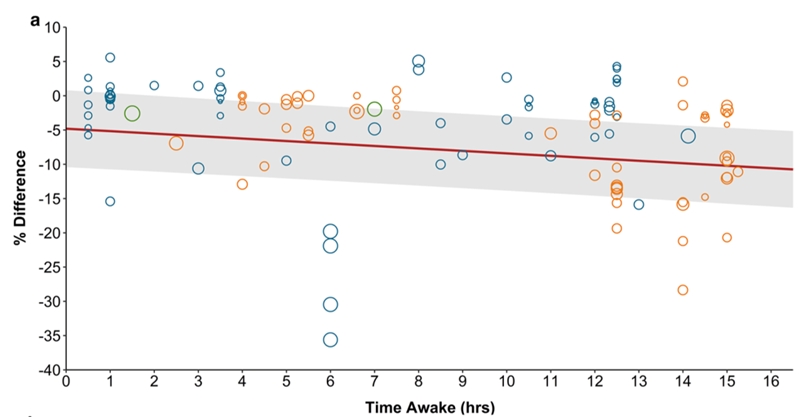
Each circle represents data from one of the 69 studies. Blue circles represent early sleep restriction. Orange circles represent late sleep restriction. Green circles are for data where early/late was not defined. Overall a clear drop in performance is evident with increasing time awake after sleep restriction, particularly so after late sleep restriction (orange circles).
Taking action
From time to time, acute sleep loss is inevitable. Despite your best intentions, situations will arise that prevent you from getting a full night’s sleep. It’s also possible to sleep poorly in spite of dedicating the typical amount of time to sleep. Knowing this inevitability, and understanding the potential implications of acute sleep loss, it makes sense to be prepared with a game plan for managing your training when you’re short on sleep:- If you know you’ll be experiencing acute sleep loss due to unavoidable external forces, adjust your training plan to make the best of the situation.
- As early sleep restriction has been shown to be less detrimental than late sleep restriction, if you have the choice, you’re better off staying up late than getting up early.
- Likewise, do what you can to perform that session as early in the day as possible. Morning training appears to be less affected than afternoon training, and this effect gets worse the longer you’re awake.
- In terms of the types of work you’ll be doing, do your best to avoid very high intensity activities if your goal is to preserve performance. If you can, stick to lower intensity endurance work where you’ll still be able to achieve the required intensities without too much trouble.
- Likewise, if your training plan calls for upper body training, give preference to those activities as they seem to be less impacted by acute sleep loss.
- If you have a high priority training session on a day where wake up early, and the session will have to be performed in the afternoon, it might be best to re-schedule that session for another day. It’s likely that your performance will be significantly compromised.
- If re-scheduling the session isn’t possible, or you simply don’t wish to do so, adjust your expectations to match reality. Expecting to perform at your best will only lead to frustration, or cause you to push harder than you otherwise would.
References
- Sports Med. 2022 Jun 16. doi: 10.1007/s40279-022-01706-y. Online ahead of print
Related Files
Newsletter Sign Up
Testimonials
Dr. Alexandra Fandetti-Robin, Back & Body Chiropractic
Elspeth Cowell MSCh DpodM SRCh HCPC reg
William Hunter, Nuffield Health
Newsletter Sign Up
Coaches Testimonials
Dr. Alexandra Fandetti-Robin, Back & Body Chiropractic
Elspeth Cowell MSCh DpodM SRCh HCPC reg
William Hunter, Nuffield Health
Keep up with latest sports science research and apply it to maximize performance
Today you have the chance to join a group of athletes, and sports coaches/trainers who all have something special in common...
They use the latest research to improve performance for themselves and their clients - both athletes and sports teams - with help from global specialists in the fields of sports science, sports medicine and sports psychology.
They do this by reading Sports Performance Bulletin, an easy-to-digest but serious-minded journal dedicated to high performance sports. SPB offers a wealth of information and insight into the latest research, in an easily-accessible and understood format, along with a wealth of practical recommendations.
*includes 3 coaching manuals
Get Inspired
All the latest techniques and approaches
Sports Performance Bulletin helps dedicated endurance athletes improve their performance. Sense-checking the latest sports science research, and sourcing evidence and case studies to support findings, Sports Performance Bulletin turns proven insights into easily digestible practical advice. Supporting athletes, coaches and professionals who wish to ensure their guidance and programmes are kept right up to date and based on credible science.
